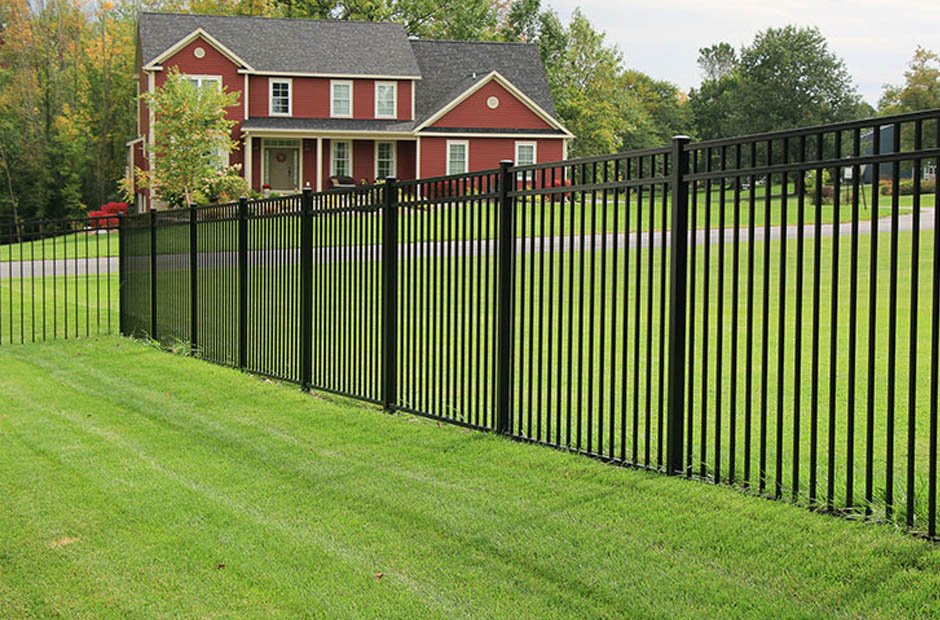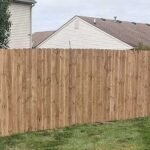
Choosing a fence for your property can be overwhelming, with many styles available. A fence company can guide you through this process by offering valuable insight into materials, design, functionality, and aesthetics. We will explore how a professional can help you make an informed decision that complements your property and meets your needs. Understanding the different aspects of each fence style will allow you to invest in a fence that enhances your space, increases privacy, and adds value to your property.
Evaluating Your Property’s Needs and Aesthetics
A good fence company in Salem, Oregon will start by evaluating your property’s specific needs, ensuring that your fence matches the landscape and aesthetic of your home or business. The fence design should complement the architecture, taking into account the style of your house, whether it’s modern, traditional, or rustic. They will also consider the terrain—flat or sloping land—since this could impact the type of fence best suited for your property. For example, some fences are more adaptable to uneven ground than others.
A company can also help you visualize how different fence styles will look on your property. Some materials, like wood or wrought iron, may offer a timeless look but require more maintenance. Others, like vinyl or aluminum, might provide a more modern aesthetic while being low-maintenance. The goal is to ensure that the fence you choose complements your home’s exterior without clashing with the overall design.
Moreover, your fence needs to serve practical functions. If you’re looking for privacy, taller, more solid fences such as wood or vinyl panel fences may be recommended. For those prioritizing security, options like steel or iron fences offer both durability and a barrier against intruders. Aesthetic fencing, such as picket or split rail, may be perfect if the fence’s primary role is decorative. A professional can guide you in finding the perfect balance between visual appeal and functional utility.
Assessing Material Durability and Maintenance
Another crucial aspect that a fence company will help you with is understanding different materials’ durability and maintenance requirements. Fences come in a wide range of materials, each with its benefits and drawbacks. Choosing one that aligns with your long-term expectations regarding upkeep, longevity, and resistance to the elements is important.
For instance, while offering a classic and natural look, wood fences tend to require more maintenance than other materials. Wood must be treated, stained, or painted regularly to prevent rot, warping, or insect damage. On the other hand, vinyl and composite fences are much more resistant to weather conditions and are nearly maintenance-free, only requiring occasional cleaning.
Metal fences like aluminum or steel are another option that combines strength and durability. Aluminum fences are resistant to rust, making them ideal for coastal regions, but they might need to be stronger for security purposes. While highly durable, steel fences can rust over time if not properly treated. A fence company can help you weigh the pros and cons of each material based on your region’s weather conditions and the expected lifespan of your fence. They can also advise on the maintenance costs associated with each material, ensuring you select a style that fits your aesthetic and practical needs.
Understanding Local Regulations and Property Boundaries
Before installing a fence, it’s important to understand the local regulations regarding fence height, materials, and placement, and a fence company will be familiar with these laws. Zoning laws and homeowner association (HOA) regulations may restrict certain types of fences, especially in height or material. If you’re in a neighborhood where uniformity is important, such as a gated community, a fence company can guide you toward choices that comply with these standards.
In addition, it’s crucial to know exactly where your property line is located to avoid boundary disputes with neighbors. A professional fence company can assist in obtaining property surveys or work with existing ones to ensure your fence is installed correctly and legally. Overstepping property lines can lead to legal issues and costly fence removals or adjustments down the line, so having a company familiar with these regulations can save you from future headaches.
Furthermore, different municipalities may have codes about how far back a fence needs to be from the street, sidewalk, or other public spaces. Some areas also have regulations about the spacing between pickets or the depth of the fence posts. With their expertise, a fence company ensures your fence complies with all local codes, avoiding fines or required removals after installation.
Working with a fence company can greatly simplify choosing the right fence style for your property. They help you consider the overall aesthetic, durability, and functionality while ensuring compliance with local laws and regulations. A professional company ensures that you make a well-informed decision by guiding you through the material selection, understanding the balance between privacy and security, and assisting with budgeting and timeline concerns. Ultimately, their insights allow you to choose a fence that enhances your property and meets your needs.





